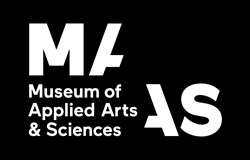When: Tuesday 13th November, 2:00pm – 3:30pm
Where: Theatre, Level 2 down the stairs to the right of the registration/foyer area
Hashtag: #T8
People don’t form attitudes about Anthropogenic Climate Change (ACC) risks just by empirically considering the likelihood of harm, the consequences of failing to act, and the costs and benefits of mitigation. If that was the case, there should be little disagreement about these quantifiable outputs of scientific research. However, when people consider controversial topics of decision-relevant science like ACC they often defer to their political beliefs, rather than using their cognitive abilities alone, leading to polarised groups. Counterintuitively, Kahan et al. (2017) found that more numerate people, who have the cognitive ability to interpret scientific data, were more polarised than others about the effectiveness of gun control laws on crime in the United States of America.
In our conceptual replication of this important study we investigated whether the motivated numeracy effect found in Kahan et al. (2017) also applies to people when assessing ACC risks. This randomised controlled experiment (N = 504) of Australian adults, extends the motivated reasoning thesis by finding evidence that some people who consider topics of ACC risk use motivated numeracy to rationalise their interpretations of scientific data in line with their beliefs.
Session
Evidence-based scicom: Research exploring knowledge, beliefs and perceptions
Presenter
Matt Nurse, Masters degree candidate, CPAS, Australian National University
Co-Author
Will Grant
